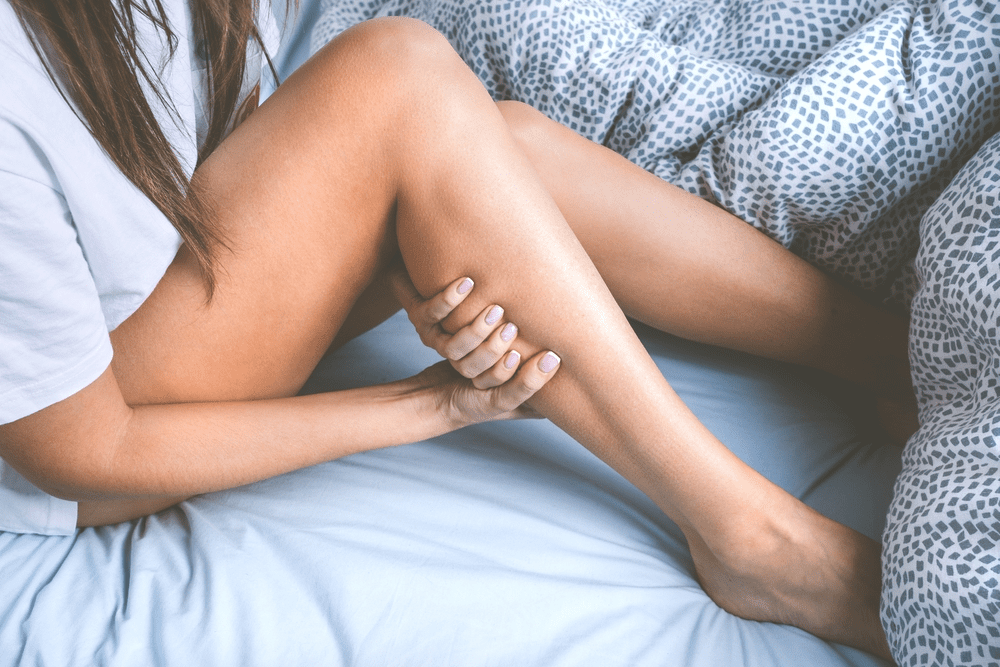
Perhaps, you have experienced a sharp pain while trying to rise after a deep sleep. Such an unpleasant incident usually happens as a result of sudden involuntary contraction of the muscles – a condition medically referred to as spasms. When spasms take place, movement can become more challenging than usual. However, aside from the strenuous movement, affected individuals may feel pain, discomfort, cramping, and, eventually, become frustrated.
In this article, we’ll be sharing useful information about the three leading causes of muscle tightening and other minor reasons. By knowing the causes, we believe that you will have a lesser chance of experiencing spasms as you try to keep away from them. Below are six primary reasons to look out for – and other minor causes :
1. Excessive exercise

Muscle tension usually develops as a result of rigorous physical training or exercise. Hence, don’t be surprised to experience muscle tightening after a hard routine. Also, when you increase the length and intensity of your training or commence a new workout program, you are more likely to witness spasms. This is because the muscles will be forced to work harder, which causes minor damage to muscle fibres. Some of the exercises that cause spasms include push-ups, downhill running, weights, jogging, among others.
2. A Long Period of Inactivity

Movement restriction can result in muscle tightening. For instance, muscles are usually affected when you tend to sit at a desk for several hours while working. In this case, the muscles at the back of your hips and upper backs will experience a constant lengthened positioning. Furthermore, the muscles at your chest and front of your hip will become shortened. Eventually, it can result in imbalanced muscles; the shortened muscles will become tightened while the lengthened muscles will become weak.
3. Subluxation

When there is a loss of proper joint motion between two or more spinal bones, then subluxation has occurred. In this case, there might be a slight misalignment between the bones. The overall outcome is having a set of irritated nerves around the affected regions and muscle tightening. These conditions will eventually cause pain and stiffness.
4. Pregnancy

Pregnant women often experience cramps at night. Like Spasmophilia, it is thought to be due to a lack of calcium and magnesium. Pregnant women should therefore eat plenty of fruits and vegetables containing these minerals and take advantage of the required amount of milk or soy.
5. Not drinking enough water

If you don’t drink enough, you have more chances to face spasms. Also, when you sweat a lot or drop body fluids, you also drop electrolytes, which is another cause of tight muscles.
6. Stress

Stress is sometimes responsible for headaches or insomnia, but it is also responsible for tightness and pain in the muscles. Try a relaxation technique, such as massage or meditation, it may help a lot!
Other common causes of spasms
- Medications: Anaesthetics and prescribed drugs for reducing cholesterol can contribute to muscle tightening.
- Infections: Some infections that usually cause spasms include lupus, influenza, tetanus, HIV, polio, among others.
- Stings and Bites: In some cases, the stings or bites of spiders, ticks, wasps, bees, and horseflies may contribute to muscle tightening.
Conclusion
Finally, we recommend having proper sleep, eating good foods, and avoid being overweight. As long as you consider the causes highlighted in this article with our final recommendations, you will have a better chance of preventing spasms.
Warning !
We don’t give any medical advice, diagnosis, or treatment. Consult with your physician or seek medical attention before making any health or food-related decisions.
This article is about some simple general health or food tips that you can find everywhere on the internet, not about some deep professional advice.




















